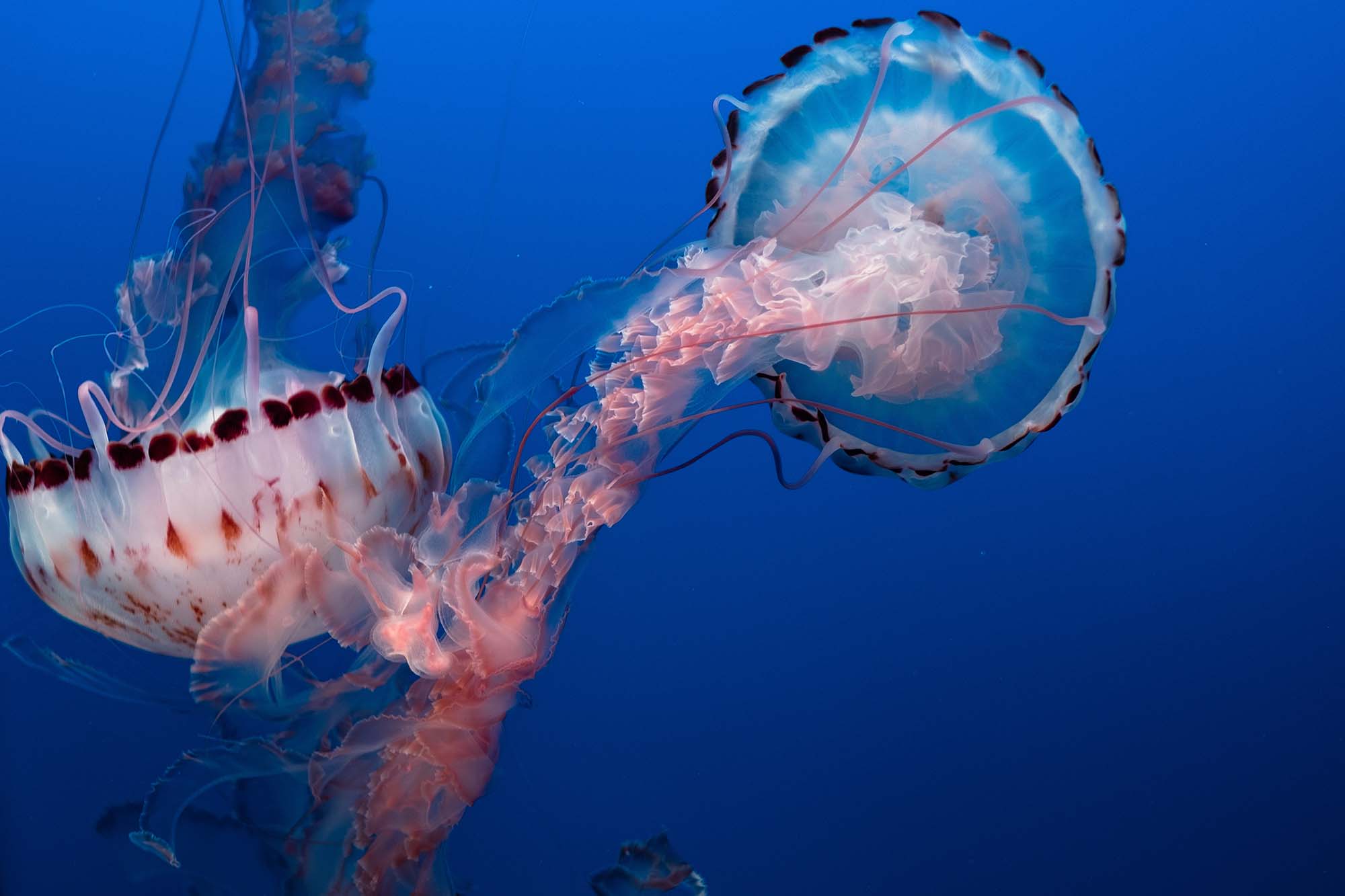Zoo & Phytoplankton EOV Products: Big data and machine learning methods to enhance biodiversity data
On 12 February 2021, Blue-Cloud will be introducing "Zoo and Phytoplankton EOV Products", the demonstrator developed by the Flanders Marine Institute (VLIZ), in collaboration with the Faculty of Science and Engineering at Sorbonne University.
The demonstrator will compile and process several data resources that are available under different European marine networks, data systems and research infrastructures and apply big data analysis and machine learning (e.g. neural networks) methods to create fit for purpose data products, using an open transparent methodology that runs in the Blue Cloud. It will focus on biological Essential Ocean Variables (EOV’s) on plankton.
A method for creating gridded climatologies from zooplankton observations, developed by the GHER of the University of Liège using the variational inverse method and a neural network, will also be presented.
Alexander Barth (University of Liège) a FNRS researcher working in the physical oceanography group GHER (GeoHydrodynamics and Environment Research), and PHIDIAS use case 3 partner will be presenting on this event.







